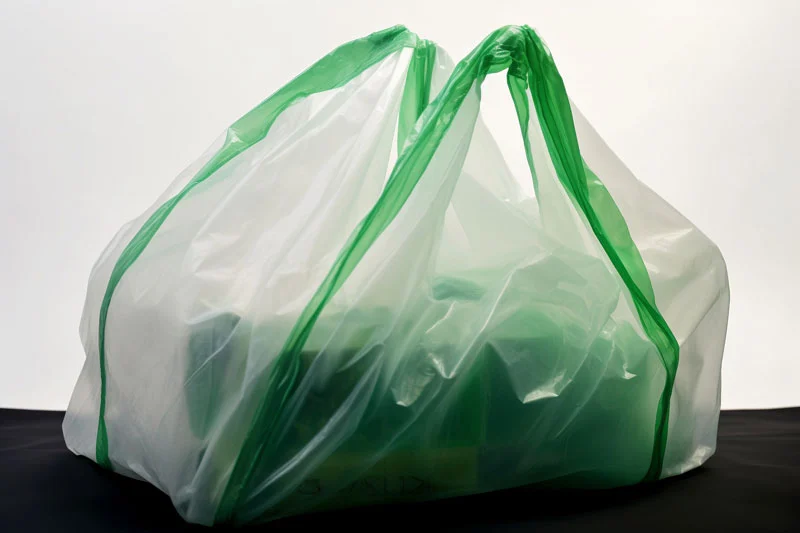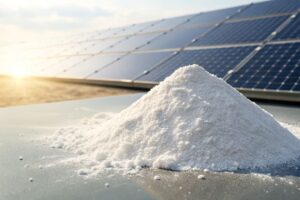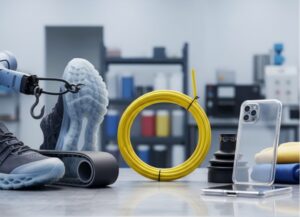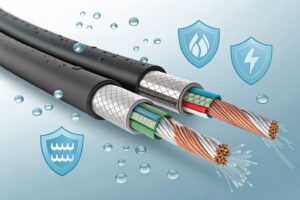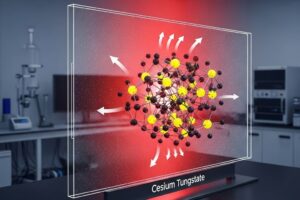In the current global push for sustainability, research and application of biodegradable plastics are at the forefront of innovation. Among them, polylactic acid (PLA) has garnered significant attention as a promising biodegradable material. However, the hydrolysis issue of PLA in moist environments has been a focal point of research. To overcome this challenge, scientists have introduced anti-hydrolysis agents, an innovative application that is elevating the reliability and performance of PLA biodegradable bags to new heights.
The Bright Prospects of PLA and Biodegradable Plastics
PLA is a biodegradable plastic made from renewable resources, presenting a significant advantage in reducing dependence on finite resources compared to traditional petroleum-based plastics. However, the hydrolytic nature of PLA has posed challenges in moist environments, limiting its widespread use in certain applications.
Technological Defense with Anti-Hydrolysis Agents
The introduction of anti-hydrolysis agents provides an innovative technological defense against the hydrolysis challenges of PLA. These specially designed compounds interact with PLA to form a protective barrier, effectively resisting erosion from moisture. Their application is prominently seen in the following aspects:
1. Defense Against Humidity
Anti-hydrolysis agents defend PLA biodegradable bags against the detrimental effects of humidity. Whether in rainy conditions or high-humidity environments, this defense mechanism ensures the structural integrity of biodegradable bags.
2. Prolonged Lifespan
By slowing down the hydrolysis process of PLA, anti-hydrolysis agents significantly extend the lifespan of biodegradable bags. This not only enhances the economic viability of the bags but also aligns with our goal of reducing single-use plastic waste.
3. Environmentally Sustainable
While ensuring biodegradability, the application of anti-hydrolysis agents makes PLA bags more durable in real-world usage, promoting sustainable packaging practices. This aligns with the growing environmental consciousness of modern society.
See more about application of anti-hydrolysis agent in PLA
Future Outlook
As anti-hydrolysis agent technology continues to improve and find broader applications, PLA biodegradable bags will see expanded use across various industries. From retail to food packaging, this innovative technology opens new possibilities for the market adoption of biodegradable plastics. Ongoing research and development will further propel the advancement of this technology, making biodegradable plastics play a more significant role in addressing plastic pollution.
On the path of degradable materials, anti-hydrolysis agents pave the way for a more sustainable future. Through technological innovation, we are entering an era of biodegradable bags that are not only environmentally friendly but also durable.

